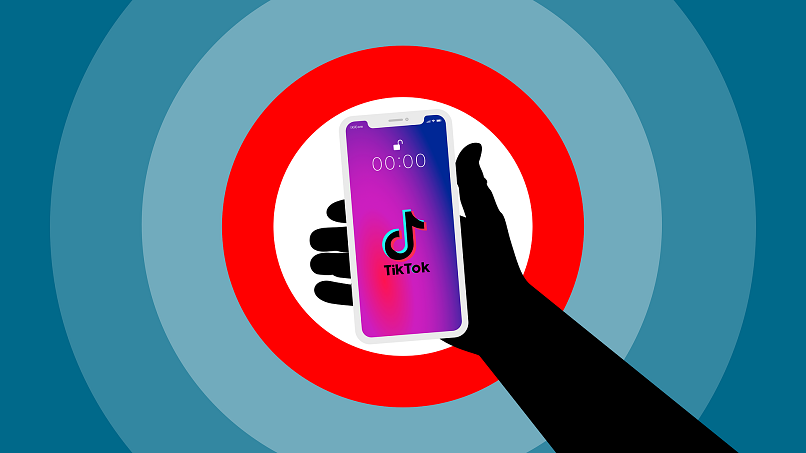Montana Passes Bill Banning TikTok on Personal Devices

On Friday, Montana became the first US state to pass a bill banning TikTok from all personal devices and app stores operating within its borders. The legislation is the most far-reaching attempt yet by a state government to restrict the use of the social media platform over perceived security concerns. If signed by Governor Greg Gianforte, the bill, known as SB419, would take effect in January 2024.
The law explicitly targets TikTok and app stores, with potential penalties of $10,000 per day if either makes the app publicly available within Montana. However, individual TikTok users would not receive penalties for accessing the platform.
TikTok’s spokesperson told Gizmodo that it plans to oppose the bill, stating that it threatens the First Amendment rights of Montana users and creators. To date, there is no publicly available proof that the Chinese government has accessed the personal information of US TikTok users or employed this data to manipulate them.
The Montana bill’s future is unclear at the moment. It has been criticized by civil liberties groups like the American Civil Liberties Union (ACLU), who argue that it would infringe on First Amendment rights and limit freedom of expression. Along with five other organizations, the ACLU sent a letter to lawmakers stating that TikTok had not caused any immediate harm to Montana residents, and therefore, a total ban was unnecessary. ACLU senior policy counsel Jenna Leventoff condemned the bill as censorship and violating Montanans’ free speech rights.
Others have raised further constitutional concerns over the bill. NetChoice, a technology industry group, argued that it violates the US constitutional prohibition against “bills of attainder,” which is legislation that punishes individuals or businesses without a trial.
Montana’s approval of the first TikTok ban in the US could create a domino effect and potentially encourage other Republican lawmakers to introduce similar bills to ban the platform on personal devices. This may result in TikTok being further pressured to comply with the Biden Administration’s favored plan to spin off its US business.
The legislation reflects the broader controversy over TikTok and its links to China. Numerous governments, including the US, have restricted the use of the platform over concerns that the Chinese government could access user data to benefit Chinese intelligence or propaganda campaigns. While TikTok has sought to address these concerns through initiatives such as Project Texas, the controversy over the platform continues.



Please, comment on how to improve this article. Your feedback matters!